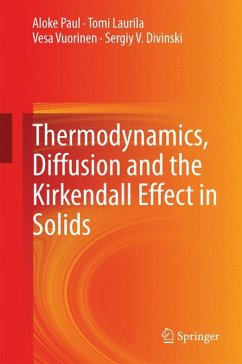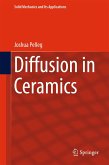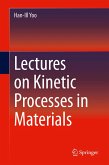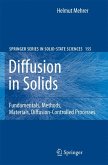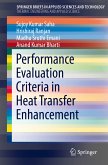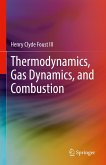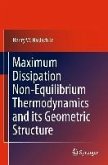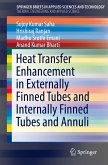Recent advances in the area of interdiffusion will be introduced, while the many practical examples and large number of illustrations given will serve to aid researches working in this area in learning the practical evaluation of various diffusion parameters from experimental results.
With a unique approach to the two main focal points in solid state transformations, energetics (thermodynamics) and kinetics (interdiffusion) are extensively studied and their combined use in practise is discussed. Recent developments in the area of Kirkendall effect, grain boundary diffusion and multicomponent diffusion are also covered extensively.
This book will appeal to students, academicians, engineers and researchers in academic institutions, industry research and development laboratories.
Dieser Download kann aus rechtlichen Gründen nur mit Rechnungsadresse in A, B, BG, CY, CZ, D, DK, EW, E, FIN, F, GR, HR, H, IRL, I, LT, L, LR, M, NL, PL, P, R, S, SLO, SK ausgeliefert werden.

